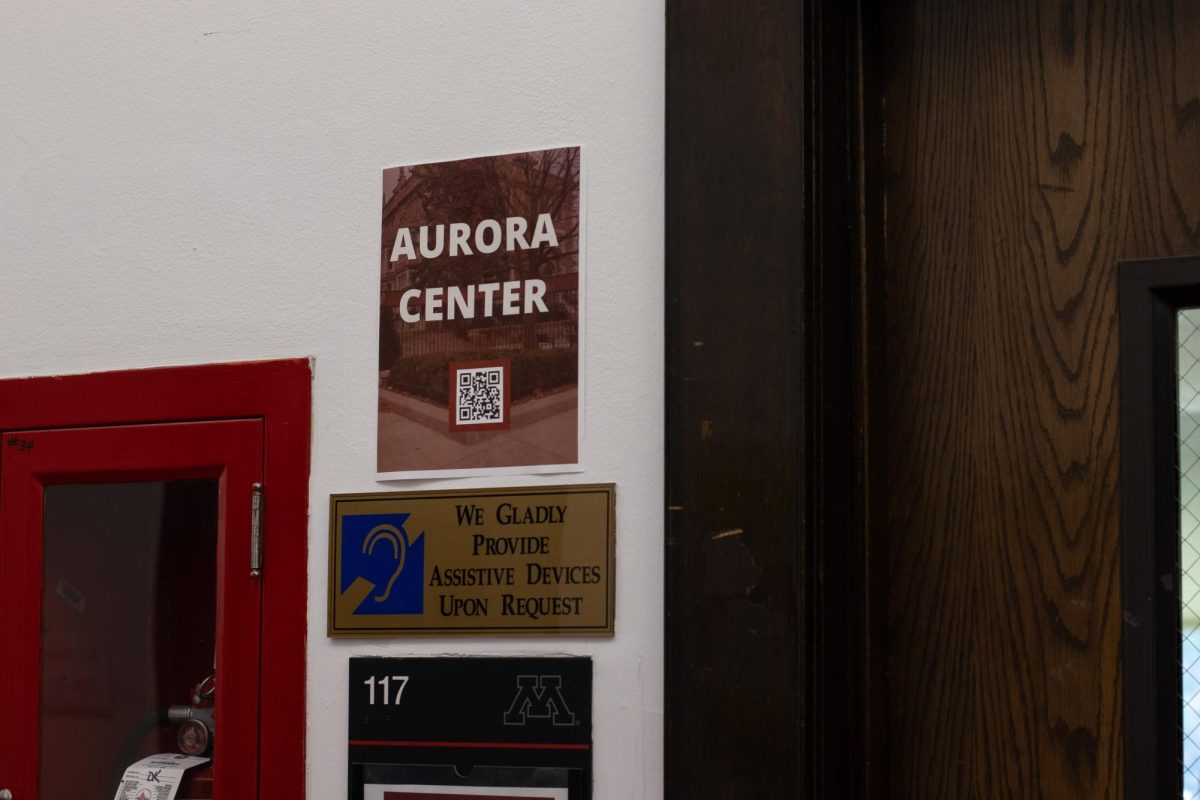The U.S. Food and Drug Administration recently approved a new opioid painkiller called Dsuvia. The drug is 1,000 times more potent than morphine and 10 times stronger than fentanyl. In other words, it’s almost entirely unnecessary and particularly dangerous considering the opioid epidemic that has washed the nation.
One University of Minnesota doctor played a significant part in the approval of the tablet opioid. Jacob Hutchins conducted clinical research, partook in advocacy efforts and conducted public testimony on behalf of the drug’s manufacturer.
According to an interview with the Star Tribune, Hutchins said he believes the drug is justified because it will fill a gap in hospital pain relief. Dsuvia is administered in tablets and relieves pain faster than other opioids.
Hutchins is among a crowd of Minnesota doctors accepting money from drugmaker’s to advocate for the use of contested drugs. Per university policy, Hutchins has released his industry payments. These pharmaceutical manufacturers spent $40 million in 2017 in payments to doctors and medical providers in Minnesota, for their advocacy efforts. Sixty doctors across the state have made more than $100,000 from manufacturers in the last year, the Star Tribune reported.
While the apparent gold mine that exists for medical professionals in promoting these drugs may be alluring, I find it quite concerning that so many are willing to forgo their professional morals. Doctors are the most familiar with the dangers that lie in administering these drugs or introducing new ones into a fragile public. Isn’t it their duty to warn susceptible people to the risk that exists in presenting a stronger and more potent drug? I think yes.
Dsuvia is a particularly controversial drug to be advocating for, and given the strength of the drug, there is an increased lethal and addictive potential than other opioids. Lobby efforts by substance-abuse researchers stem from the fear that the drug will be easily abused.
This fear is not unfounded. In Minnesota, the number of substance abuse deaths linked to opioids has increased from 54 in 2000 to 401 in 2017, according to the Star Tribune. Most of these deaths have been linked to fentanyl. However, Dsuvia is considerably stronger.
While Hutchins and other advocates for Dsuvia claim that fear of the drug may be exaggerated because it will only be administered within hospitals, the risk remains constant. The solution to the opioid epidemic is not more opioids. Addictions are not solved by more means by which to become addicted.
Hutchins and other doctors should reexamine the pharmaceutical companies and drugs they put their trust in and their names on the line for. The medical community is not immune to the bribing forces of big-pharmaceutical money. But they have a duty to their patients to advocate for them — not for the companies funding extravagant meals and first class flights.
While doctors like Hutchins may continue to claim their hearts are in the right place and the voices of the opioid crisis are inflating their fears, I find it to be just as much of a stretch to say that $100,000 of added income doesn’t cloud your judgment or at the very least, nudge you in the right direction. Let’s not confuse fighting the crisis with adding fuel to the flames.







